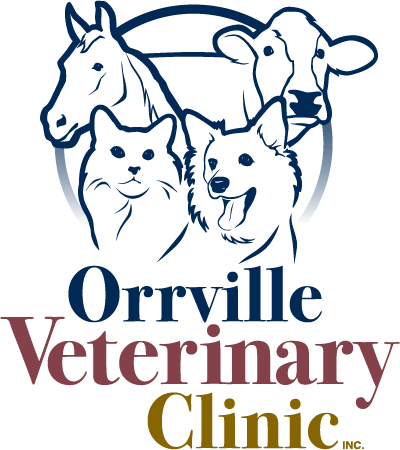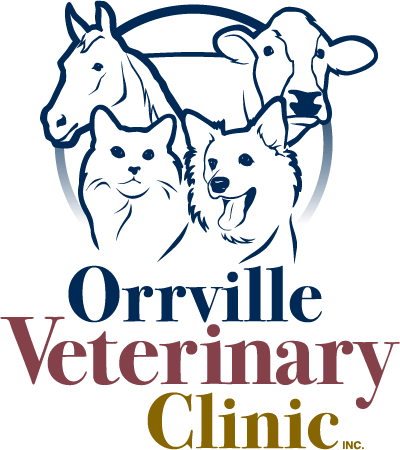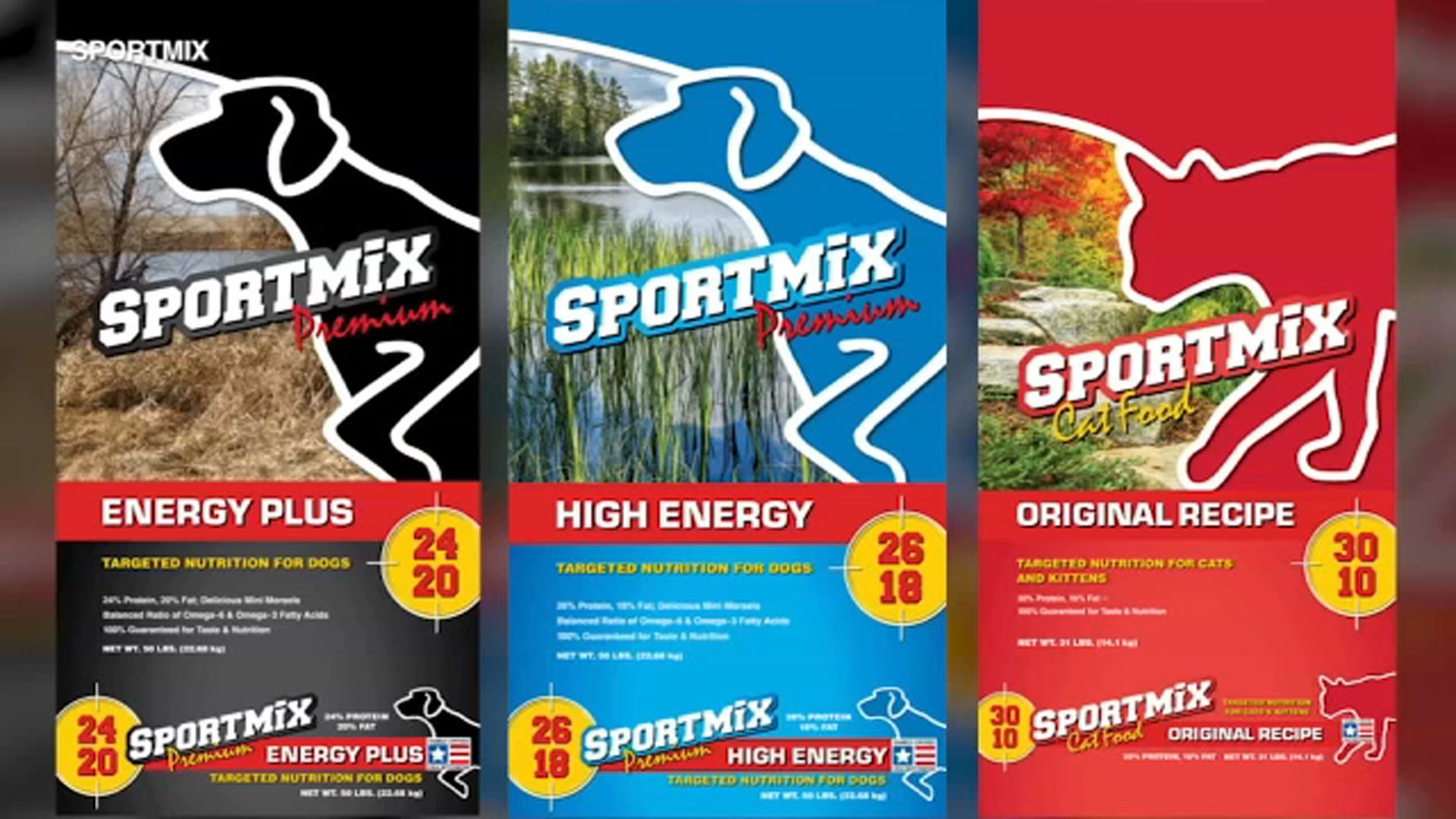Equine Metabolic Syndrome
Equine Metabolic Syndrome and Weight Management
Do you have any overweight horse?
Does your horse have a cresty neck and fat deposits around his or her tail head?
Having an overweight horse has the potential to cause several health issues. The first reason to keep your horse at a healthy weight is that it puts lets stress on their joints over time. Another reason to manage your horse’s weight is to prevent the occurrence of Equine Metabolic Syndrome (Insulin Resistance). Overweight horses that have EMS are not able to handle high sugar levels in their diet. High sugar levels can cause dangerously high spikes in insulin. High insulin levels are blamed for the common finding of laminitis (founder).
What horses are at risk for EMS associated laminitis?
While ponies, Morgans, Paso Finos, and Warmbloods are predisposed to EMS; any horse that is overweight can potentially develop the condition. In rare cases, horses that are at an appropriate weight can develop EMS associated laminitis.
What can be done if your horse has EMS?
This is not a disease that we can medicate our way out of. There are currently no medications available to help with this condition. There are several supplements that claim to decrease blood insulin levels, but none have been evaluated in scientific studies. The key factors in EMS control are diet and exercise. Reducing the level of simple sugars (non-structural carbohydrates – NSC) in the diet is the key. Testing your hay for NSC levels is very important. If your hay levels of NSC are high, you can either attempt to find hay that tests lower, or soak your hay in water to reduce the sugar content. You should also pay close attention to the grain you feed your EMS horse. Typically the safest grains for EMS horses are alfalfa pellets or commercially available grains for horses with EMS. Oats are actually quite high in NSC, therefore, a bad choice for a horse with EMS. During pasture season it is imperative that your EMS horse has a grazing muzzle or is only allowed a dry lot for turnout.
Exercise can be anything from hand walking to trail riding to round pen work. A program should be implemented and exercise should be consistent. Research shows that exercise helps improve insulin sensitivity in horses.
Orrville Veterinary Clinic can tailor a nutritional and exercise program for your horse if you are concerned about EMS. We can also definitely diagnose the condition through specific blood tests.












